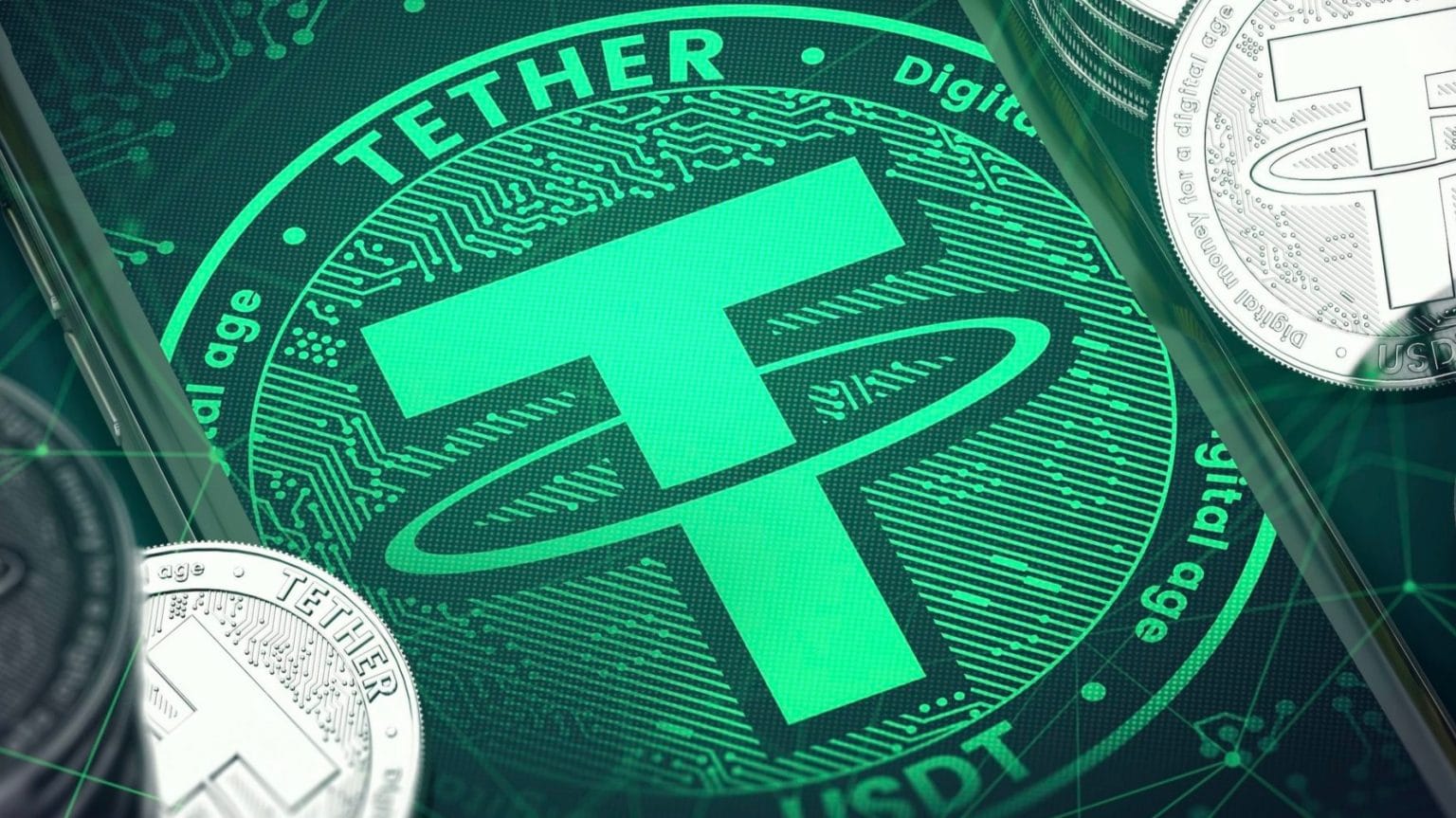Tether Engages with US Lawmakers to Shape Stablecoin Regulation Framework

In a significant development within the crypto space, Tether, the company behind the world's largest stablecoin USDT, has initiated discussions with U.S. lawmakers to influence the regulatory landscape for stablecoins in the United States. This move comes at a critical time as Congress works to establish a clear legislative framework for these digital assets, which are pegged to traditional currencies like the U.S. dollar or treasury bills.
Eleanor Terrett from FOX Business reported that Tether's CEO, Paolo Ardoino, expressed the company's commitment to adapting to U.S. regulations, emphasizing that Tether would not abandon its operations in the face of new laws but would instead strive to comply with them. Ardoino stated, "We are going to work within the regulatory framework, and we are going to try to advise on every single one of these field proposals to make sure that our voice is heard." This proactive engagement underscores Tether's intention to remain a key player in the stablecoin market, which it currently dominates with a 60% share, valued at around $230 billion.
Tether's Compliance Strategy
The dialogue between Tether and U.S. lawmakers is particularly relevant as several new stablecoin bills have been introduced in the past few weeks, such as a new bill proposed by Representative Maxine Waters and the GENIUS Act proposed by Senator Bill Hagerty. These legislative efforts aim to address the transparency and regulatory oversight of stablecoins.
Congressman Bryan Steil, chairman of the Financial Committee's Digital Assets Subcommittee, has also confirmed Tether's involvement in discussions around another bill proposed called the STABLE Act. Compliance with these regulations would require Tether to undergo monthly audits by a U.S. accounting firm and ensure its reserves match its liabilities one-to-one with assets approved by regulators.
Tether's engagement highlights the dynamics of crypto regulation in the U.S., where the balance between innovation and regulatory compliance is critical. The company's significant holdings in U.S. debt, including over $114 billion in short-term Treasury bills, further emphasize its stake in the U.S. financial system. As the debate continues, the outcome will likely set precedents for how stablecoins and potentially other digital currencies are regulated, ensuring they operate within a framework that both fosters innovation and protects the broader financial ecosystem.

